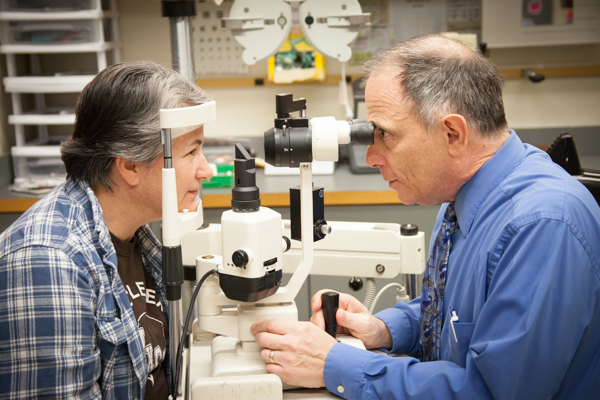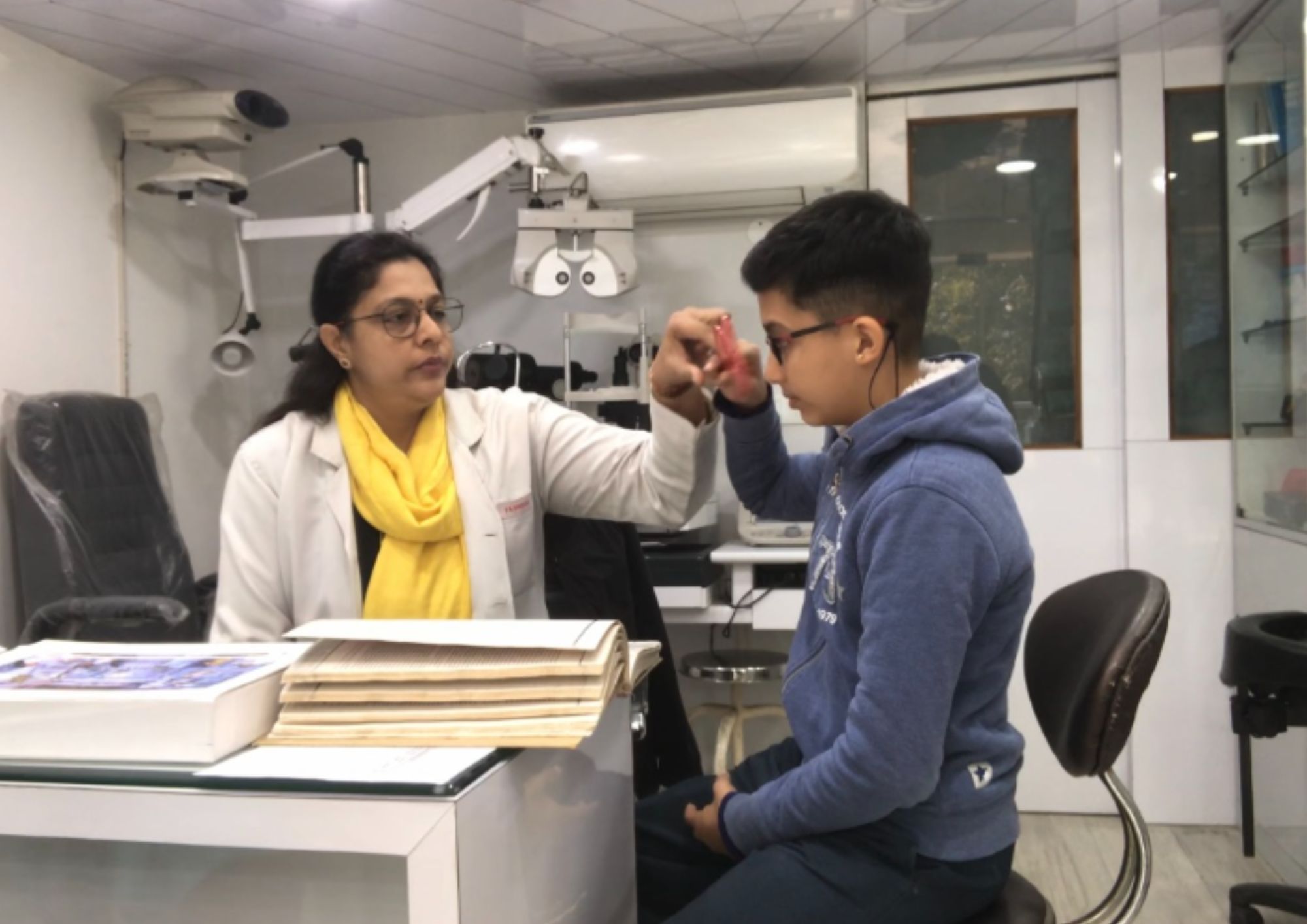Premier Eyecare Near Me: Professional Vision Providers Available
Premier Eyecare Near Me: Professional Vision Providers Available
Blog Article
Recognizing the Different Eye Issues Treated by Specialized Eye Care Professionals
In the world of eye treatment, specialized specialists play a crucial duty in detecting and dealing with a broad array of eye conditions. From usual refractive mistakes that influence vision quality to age-related problems that posture obstacles as we expand older, the knowledge of these professionals encompasses taking care of vision-threatening illness and intricate corneal conditions. In addition, the intricacies of neurological eye problems present special difficulties that necessitate specialized care. As we embark on this exploration of the numerous eye problems resolved by specialized eye treatment specialists, it comes to be evident that the elaborate internet of eye wellness holds a myriad of fascinating insights waiting to be uncovered.
Typical Refractive Errors
Refractive errors are typical aesthetic problems created by a blemish in the eye's capability to correctly focus light, resulting in blurred vision. Astigmatism is characterized by an irregularly shaped cornea, resulting in altered or obscured vision at all ranges. Presbyopia is an age-related condition where the lens sheds its flexibility, making it hard to focus on close items.
These refractive mistakes can be corrected through various methods, consisting of spectacles, get in touch with lenses, or refractive surgical treatment. Eye treatment professionals play a vital function in diagnosing and managing refractive errors to aid people accomplish more clear vision and improve their high quality of life.
Age-Related Eye Problems
As people age, their eyes may be at risk to a variety of problems beyond refractive errors that can impact their vision and overall ocular health. Age-related eye conditions prevail and can substantially affect the lifestyle for older grownups. One of one of the most widespread age-related eye conditions is age-related macular degeneration (AMD), an illness that causes central vision loss and can make tasks like reading and driving difficult. refractive surgeries in al. Cataracts, one more typical problem amongst older people, trigger clouding of the eye's all-natural lens, resulting in obscured vision. Glaucoma, defined by damage to the optic nerve, is additionally more common with age and can cause field of vision loss or blindness if left unattended. In addition, presbyopia, a condition where the eye's lens sheds adaptability, is a natural part of aging and brings about difficulty concentrating on close things. Normal eye tests with specialized eye treatment experts are critical for very early discovery and monitoring of these age-related eye problems to maintain vision and maintain eye health as individuals age.
Vision-Threatening Conditions
Vision-threatening illness incorporate a series of serious ocular problems that have the potential to significantly influence a person's eyesight and overall aesthetic function. These conditions position a threat of permanent vision loss otherwise quickly diagnosed and dealt with by specialized eye care experts. Some typical vision-threatening illness consist of glaucoma, diabetic retinopathy, age-related macular degeneration (AMD), and retinal detachment.
Glaucoma is a team of eye problems that harm the optic nerve, commonly because of high intraocular stress, resulting in field of vision loss and possible loss of sight if left unattended. Diabetic retinopathy is a difficulty of diabetes mellitus that influences blood vessels in the retina, creating vision problems or loss of sight. AMD is a progressive condition affecting the macula, leading to central vision loss. Retinal detachment takes place when the retina divides from its underlying tissue, leading to unexpected vision loss that calls for instant medical have a peek at this website interest (refractive surgeries in al).
Early discovery, routine eye tests, and prompt intervention are crucial in managing vision-threatening conditions to maintain sight and preserve quality of life. Specialized eye treatment specialists play a crucial duty in diagnosing, treating, and managing these conditions to prevent irreparable vision loss.

Corneal Disorders
Corneal problems incorporate a spectrum of problems that influence the transparent front component of the eye, known as the cornea. These disorders can lead to discomfort, aesthetic disturbances, and in extreme cases, vision loss. One typical corneal disorder is keratoconus, where the cornea thins and protrudes external right into a cone form, triggering astigmatism and obscured vision. Corneal dystrophies, such as Fuchs' dystrophy, result in steady vision loss due to abnormal deposits in the cornea. Corneal abrasions, usually triggered by injury or foreign objects, can lead to pain, redness, and level of sensitivity to light. Additionally, infections like keratitis can irritate the cornea, potentially leading to scarring and vision problems if not quickly treated. Therapy for corneal conditions differs relying on the details problem however might consist of drugs, call lenses, or in severe instances, corneal transplants. Normal eye tests are crucial for very early discovery and administration of corneal problems to protect vision and eye health and wellness.
Neurological Eye Conditions
Neurological eye problems include conditions that influence the link between the eyes and the mind, influencing aesthetic processing and total eye feature. These conditions can materialize in various methods, influencing vision, eye movements, and even the coordination in between the eyes. One typical neurological eye condition is optic neuritis, defined by inflammation of the optic nerve resulting in vision loss, shade desaturation, and discomfort with eye motion.
An additional considerable problem is nystagmus, where the eyes make repetitive, unrestrained movements, impacting visual acuity and depth perception. In addition, problems like amblyopia, typically described as "careless eye," arise from abnormal visual development in very early youth, bring about decreased vision in one eye.
Neurological eye conditions click reference need customized care from professionals like neuro-ophthalmologists who have know-how in both neurology and ophthalmology. Medical diagnosis often involves an extensive eye exam, imaging research studies, and partnership with neurologists to attend to the underlying neurological problems influencing the visual system. Therapy methods can include drug, vision therapy, or in extreme see it here cases, medical treatments to manage these intricate problems effectively.

Final Thought
To conclude, specialized eye care professionals treat a wide variety of eye conditions, consisting of typical refractive mistakes, age-related eye conditions, vision-threatening diseases, corneal conditions, and neurological eye conditions - refractive surgeries in al. By recognizing these different problems and seeking suitable therapy from eye care specialists, people can preserve optimal eye health and wellness and vision. It is necessary to focus on normal eye evaluations and comply with suggested treatment strategies to preserve and protect one's vision for the future
Report this page